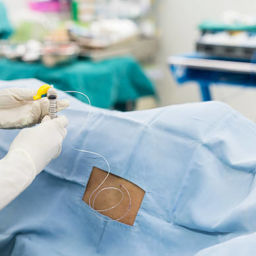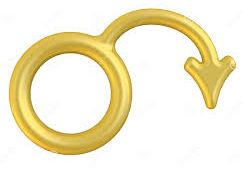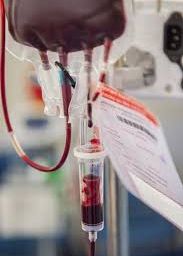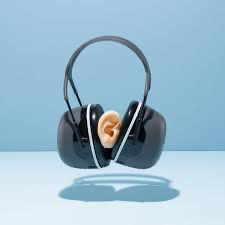
Hearing Protection Tips for Balancing Sound and Safety
In a world full of noise, preserving our hearing is crucial. Discover simple yet effective tips for hearing protection to ensure your auditory health in various environments.
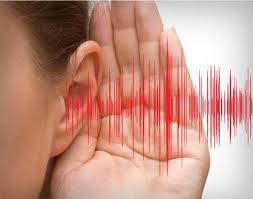
In a world filled with captivating sounds and melodies, our sense of hearing allows us to appreciate music, enjoy conversations, and connect with the world around us. However, our auditory health is often taken for granted, and the importance of protecting our hearing is often overlooked. In this post, we will delve into the crucial topic of hearing protection and explore practical tips to preserve this valuable sensory treasure.
Practical Tips For Hearing Protection
1. Embrace the Power of Earplugs:
Whether you’re attending a loud concert, working in a noisy environment, or simply encountering a clamorous situation, investing in a pair of high-quality earplugs can be a game-changer. Earplugs effectively reduce the intensity of sound without compromising clarity, making them a versatile tool for protecting your hearing in various scenarios. Keep a pair handy in your bag or pocket, and don’t hesitate to use them when needed.
2. Limit Exposure to Excessive Noise:
Exposure to excessive noise is a leading cause of hearing damage. To minimize the risk, it’s essential to be mindful of your environment. Avoid prolonged exposure to loud noises, such as blaring headphones, machinery, or construction sites. If you’re unable to control the noise levels around you, consider finding quiet retreats or using noise-canceling headphones to create a peaceful soundscape.
3. Adjust Volume Levels:
Modern technology has made it easier than ever to enjoy our favorite music and media. However, excessive volume levels can pose a significant threat to our hearing health. As a rule of thumb, keep the volume at a comfortable level, particularly when using headphones or earbuds. If others can hear your music from your headphones, it’s a clear sign that it’s too loud.

4. Take Breaks from Noise:
Just as our bodies require rest after physical exertion, our ears need breaks from excessive noise exposure. If you find yourself in a noisy environment for an extended period, make a conscious effort to take regular breaks in quieter spaces. These brief respites allow your ears to recover and reduce the risk of cumulative damage.
5. Practice Safe Listening Habits:
When it comes to personal audio devices, it’s crucial to adopt safe listening habits. Opt for over-ear headphones instead of earbuds whenever possible, as they tend to provide better sound isolation. Additionally, limit your listening time and consider implementing the “60/60 rule”: listen at 60% of the maximum volume for no more than 60 minutes per day.
6. Seek Professional Advice:
If you experience persistent ringing in your ears, muffled hearing, or any other signs of hearing loss, it’s imperative to seek professional help. A visit to an audiologist can help identify any underlying issues and provide appropriate guidance and solutions for hearing protection.

In conclusion, our hearing is an invaluable asset that enriches our lives and connects us to the world around us. By adopting a proactive approach to hearing protection, we can ensure the longevity of this precious sensory gift. Embrace the power of earplugs, limit exposure to excessive noise, adjust volume levels, take breaks, practice safe listening habits, and seek professional advice when necessary. Let us make a commitment to safeguard our hearing and embark on a journey towards a sonically vibrant and healthy future.
Disclaimer: The information provided in this content is for general informational purposes only. It is not intended as medical or healthcare advice, diagnosis, or treatment. Always seek the advice of a qualified healthcare professional with any questions you may have regarding a medical condition or healthcare decisions.








